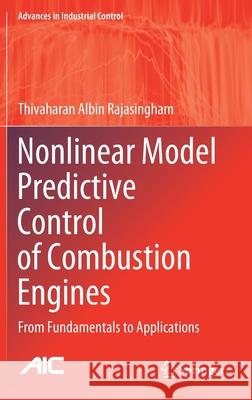Nonlinear Model Predictive Control of Combustion Engines: From Fundamentals to Applications » książka
topmenu
Nonlinear Model Predictive Control of Combustion Engines: From Fundamentals to Applications
ISBN-13: 9783030680091 / Angielski / Twarda / 2021 / 330 str.
Nonlinear Model Predictive Control of Combustion Engines: From Fundamentals to Applications
ISBN-13: 9783030680091 / Angielski / Twarda / 2021 / 330 str.
cena 644,07
(netto: 613,40 VAT: 5%)
Najniższa cena z 30 dni: 578,30
(netto: 613,40 VAT: 5%)
Najniższa cena z 30 dni: 578,30
Termin realizacji zamówienia:
ok. 22 dni roboczych.
ok. 22 dni roboczych.
Darmowa dostawa!
Kategorie:
Kategorie BISAC:
Wydawca:
Springer
Seria wydawnicza:
Język:
Angielski
ISBN-13:
9783030680091
Rok wydania:
2021
Wydanie:
2021
Numer serii:
000000291
Ilość stron:
330
Waga:
0.66 kg
Wymiary:
23.39 x 15.6 x 2.06
Oprawa:
Twarda
Wolumenów:
01
Dodatkowe informacje:
Wydanie ilustrowane











